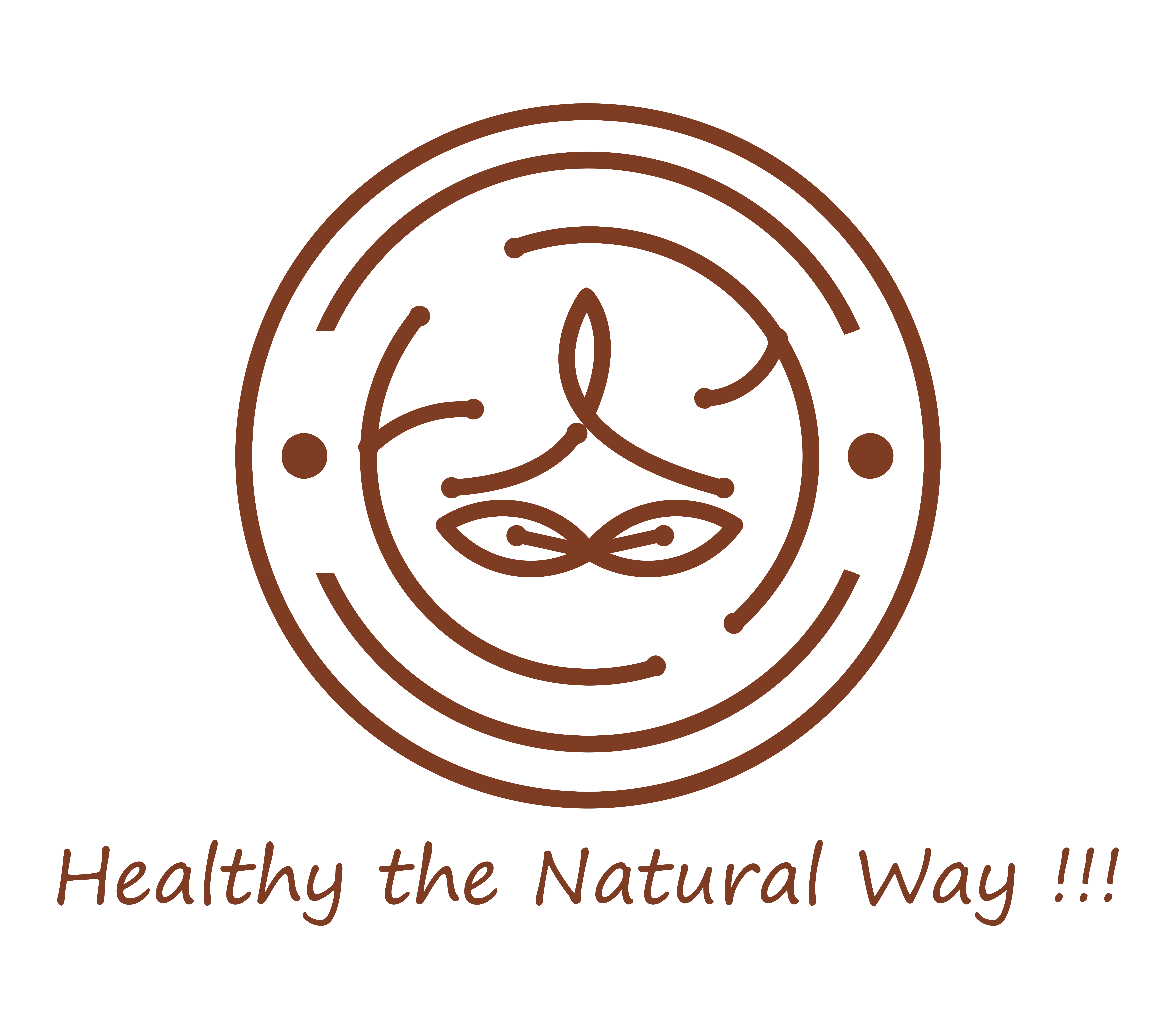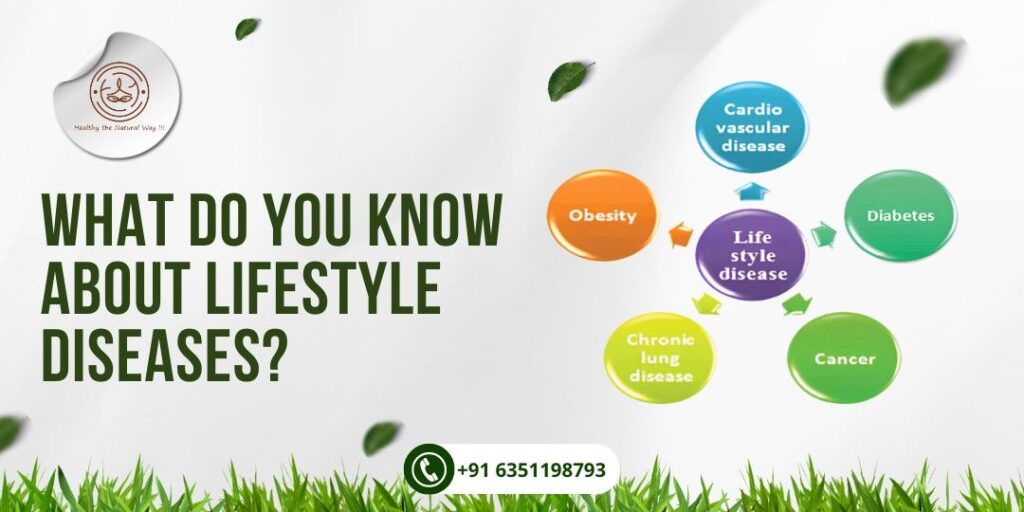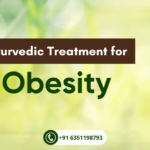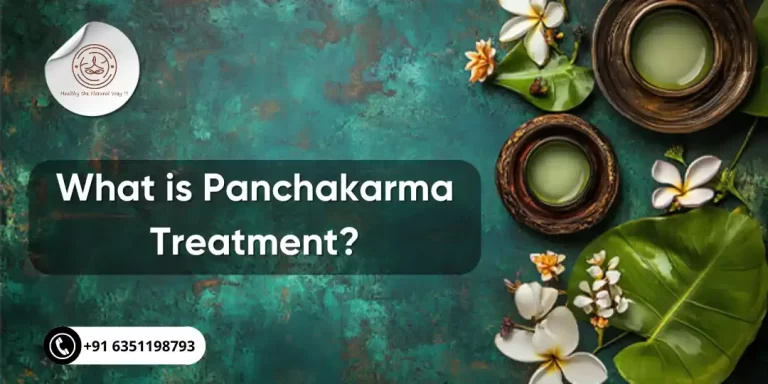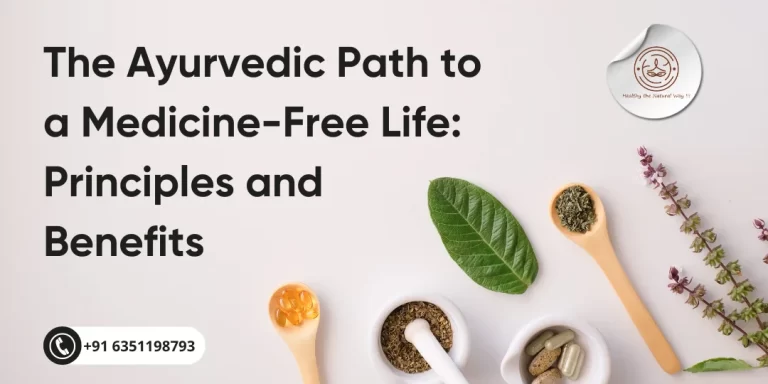In today's fast-paced world, the rise of lifestyle diseases is a growing concern. Unlike infectious diseases caused by pathogens, lifestyle diseases develop over time due to a combination of unhealthy habits, poor diet, lack of physical activity, and stress. These conditions are often preventable but can have long-term effects on health and well-being. In this blog, we will explore what lifestyle diseases are, their causes, and ways to prevent them. What are Lifestyle Diseases? Lifestyle diseases, also known as chronic non-communicable diseases, are conditions that develop over time due to unhealthy behaviors and lifestyle choices. These diseases often have no immediate, obvious symptoms, but they can significantly impact your quality of life and longevity. Common Lifestyle Diseases: Key Causes of Lifestyle Diseases Why Are Lifestyle Diseases on the Rise? With rapid urbanization, changing work environments, and technology-driven lifestyles, people are adopting sedentary habits more than ever. Poor eating habits, easy access to unhealthy food, and the stress of modern life have become the norm for many. This shift away from active, balanced living has significantly contributed to the increase in lifestyle-related diseases. Prevention of Lifestyle Diseases While lifestyle diseases can have serious consequences, they are largely preventable by making conscious lifestyle modifications to daily routines. Here are some ways to reduce the risk: Adopt a Balanced Diet Exercise Regularly Quit Smoking Limit Alcohol Consumption Manage Stress Regular Health Check-ups Conclusion Lifestyle diseases are preventable and manageable with the right approach to diet, exercise, and mental well-being. By being mindful of …
In today’s fast-paced world, the rise of lifestyle diseases is a growing concern. Unlike infectious diseases caused by pathogens, lifestyle diseases develop over time due to a combination of unhealthy habits, poor diet, lack of physical activity, and stress. These conditions are often preventable but can have long-term effects on health and well-being. In this blog, we will explore what lifestyle diseases are, their causes, and ways to prevent them.
What are Lifestyle Diseases?
Lifestyle diseases, also known as chronic non-communicable diseases, are conditions that develop over time due to unhealthy behaviors and lifestyle choices. These diseases often have no immediate, obvious symptoms, but they can significantly impact your quality of life and longevity.
Common Lifestyle Diseases:
- Heart disease: This includes conditions like coronary artery disease, heart attack, and stroke.
- Diabetes: Both Type 1 and Type 2 diabetes are lifestyle-related.
- Obesity: Excess body weight can lead to various health problems.
- High blood pressure: Chronic high blood pressure can damage your heart, blood vessels, and kidneys.
- Cancer: Certain types of cancer, such as colon, breast, and lung cancer, are linked to lifestyle factors.
- Mental health disorders: Stress, anxiety, and depression can be exacerbated by unhealthy lifestyles.
Key Causes of Lifestyle Diseases
- Unhealthy Diet: Diets high in processed foods, sugar, unhealthy fats, and low in fruits and vegetables increase the risk of diseases like obesity, diabetes, and cardiovascular issues.
- Physical Inactivity: A sedentary lifestyle, characterized by prolonged periods of inactivity, can lead to obesity, weakened muscles, and poor cardiovascular health.
- Smoking: Tobacco use is a leading cause of preventable diseases such as lung cancer, heart disease, and respiratory disorders.
- Alcohol Consumption: Excessive alcohol intake damages the liver, increases blood pressure, and can lead to cancer and other health problems.
- Stress: Chronic stress contributes to high blood pressure, heart disease, mental health problems, and a weakened immune system.
Why Are Lifestyle Diseases on the Rise?
With rapid urbanization, changing work environments, and technology-driven lifestyles, people are adopting sedentary habits more than ever. Poor eating habits, easy access to unhealthy food, and the stress of modern life have become the norm for many. This shift away from active, balanced living has significantly contributed to the increase in lifestyle-related diseases.
Prevention of Lifestyle Diseases
While lifestyle diseases can have serious consequences, they are largely preventable by making conscious lifestyle modifications to daily routines. Here are some ways to reduce the risk:
Adopt a Balanced Diet
- Eat more whole grains, fruits, and vegetables.
- Limit processed foods, sugar, and saturated fats.
- Stay hydrated and practice portion control.
Exercise Regularly
- Aim for at least 30 minutes of moderate physical activity daily, such as walking, cycling, or swimming.
- Strength training can also help improve metabolism and maintain muscle mass.
Quit Smoking
- Seek help from professionals if needed to quit smoking.
- Explore nicotine replacement therapy or behavioral counseling.
Limit Alcohol Consumption
- Stick to moderate drinking guidelines or avoid alcohol entirely.
- Be mindful of the cumulative impact of alcohol on the liver and other organs.
Manage Stress
- Practice mindfulness, yoga, meditation, or other relaxation techniques.
- Maintain a healthy work-life balance, and make time for hobbies or activities you enjoy.
Regular Health Check-ups
- Early detection through regular medical exams can help manage or reverse some conditions before they become severe.
Conclusion
Lifestyle diseases are preventable and manageable with the right approach to diet, exercise, and mental well-being. By being mindful of our daily choices, we can reduce the risks associated with these conditions and lead healthier, more fulfilling lives. Making small today can have a lasting impact on your overall health and well-being in the future.
Setu Nutricare‘s range of science-backed supplements addresses key areas associated with lifestyle diseases. From stress relief and heart health to improved digestion and weight management, Setu provides solutions that align with the needs of modern-day individuals. By incorporating these supplements into a balanced lifestyle, people can reduce their risk of developing lifestyle diseases and work towards better health and well-being. Contact Setu Nutricare today!
Sign up for free class
It’s easy and free!
